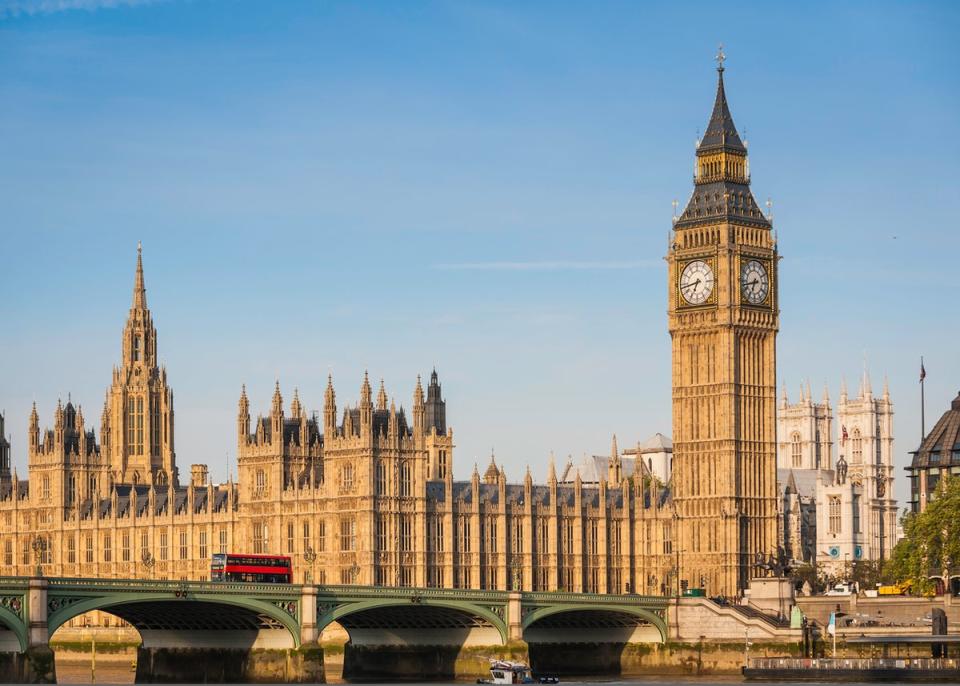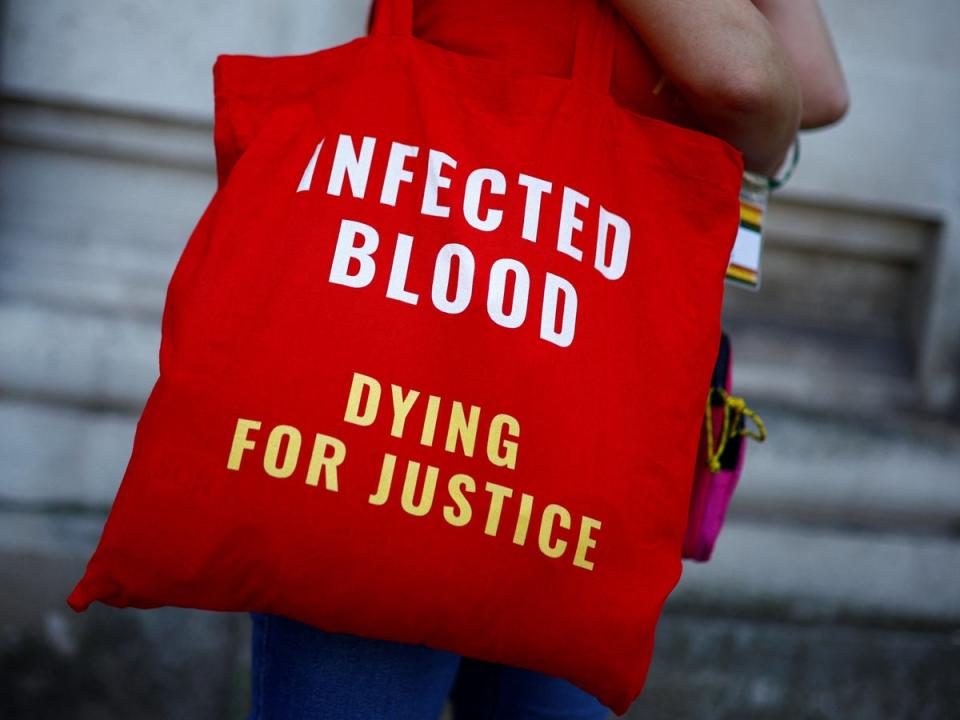General election: What is purdah and which bills are stuck in the wash-up process before it begins?
Parliament is expected to wind up on Friday after Rishi Sunak stunned Westminster by calling a snap general election for 4 July.
The Commons is dissolved after an election is called and the official closure date for this election will be 30 May.
After this date, MPs lose their jobs and either decide to leave politics, campaign for re-election in their constituency or run for a different seat.
What is parliamentary ‘wash-up’

No government business is conducted after parliament is prorogued and dissolved but the civil service continues to work under strict purdah rules while election campaigning takes place.
The word “purdah” is derived from the Urdu and Persian word “parda” meaning “veil or curtain” and often refers to the practice in certain Muslim and Hindu societies of screening women from men or strangers, especially by means of a curtain.
However at some stage in the early 20th century it was appropriated and used in a political context.
After an election is called, the government must decide which bills it wants to prioritise passing before parliament is prorogued – a process known as the “wash-up” period.
The process can involve talks between the government and opposition parties to get their cooperation to pass some bills.
Because of the limited amount of time between an election being called and the dissolution of parliament, some legislation is likely to be shelved because public bills cannot be carried over from one parliament to the next.
What is likely to pass?
Compensation for victims of Horizon IT scandal
This is due to become law. But an eleventh hour attempt by peers to exonerate more subpostmasters caught up in the Post Office scandal has been quashed amid the scramble.
Members of the Lords believed 13 cases of those whose convictions were upheld by the Court of Appeal, or were refused permission for their case to be heard, would be added to the remit of the Post Office (Horizon System) Offences Bill, as part of backroom talks over the ‘wash-up.

Ticket tout reform
Peers ended a stand-off on ticket tout reform as part of the push to sign off new laws. The move means the Digital Markets, Competition and Consumers Bill is now ready for royal assent, the point at which a bill becomes law.
In the haste, the Lords backed down on calls for stricter conditions. Conservative peer Lord Moynihan said he was “disappointed” but added: “I will do everything in my power to return to this campaign on behalf of the true fans of sport and music festivals and music events in what I hope will be just a matter of months.”
Victims and prisoners bill
Set to be passed on Friday, this bill is designed to improve the support and guidance offered to victims of crime and other major incidents, as well as those suffering bereavement, including through the appointment of specialist advocates.
This should also include compensation to victims of the infected blood scandal.
What is unlikely to pass?
Smoking ban
Rishi Sunak’s flagship anti-smoking legislation, which was set to prevent anyone who is currently aged 15 or under from ever buying cigarettes, is set to be lost.
Opposition MPs said they were “perplexed” that the Tobacco and Vapes Bill will not be included in the wash-up after it was trumpeted by the prime minister.
Commons leader Penny Mordaunt told angry MPs she understood the bill was supported by a large number of them and would feed back their complaints.
Martyn’s Law
Martyn’s Law is named after one of the 22 people killed at the end of an Ariana Grande concert in Manchester in May 2017. It would require venues and local authorities in the UK to have training requirements and plans to prevent terror attacks.
Ms Mordaunt gave no guarantees as she told MPs: “Matters such as Martyn’s Law, which is a brilliant initiative, will be part of the wash-up process and I hope to be able to update the House in the coming day.”


